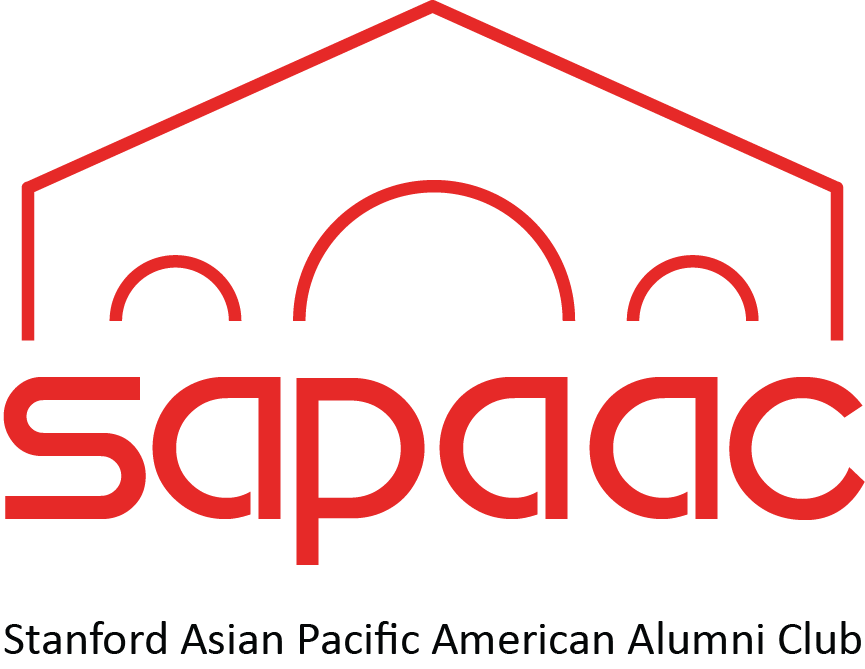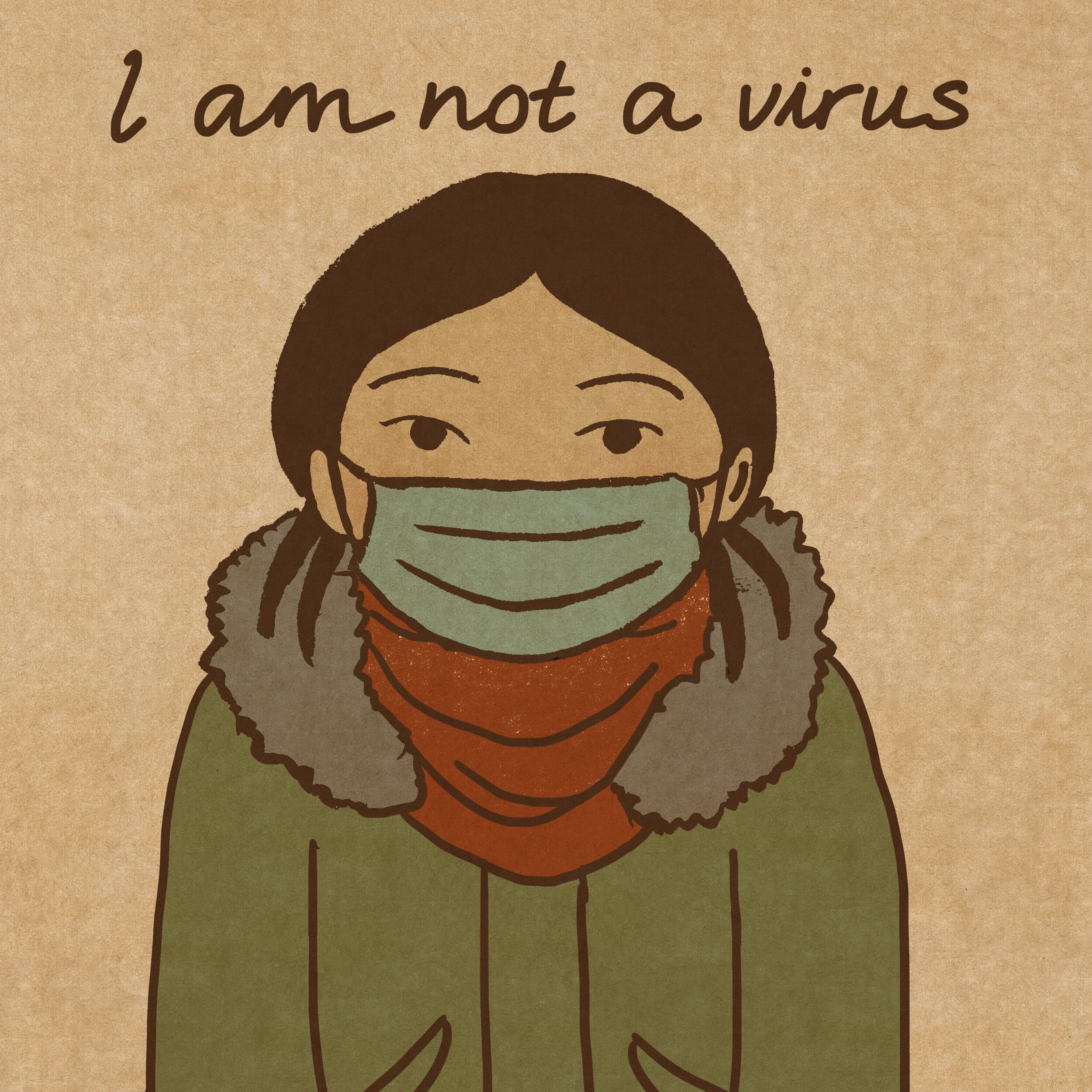SAPAAC presents news important to the AAPI community nationally and related to advocacy on the Stanford University campus.
Fighting Hate Crimes and Discrimination
President Joe Biden signed the COVID-19 Hate Crimes Act, the “first legislative action that Congress has taken” to address the rise in hate crimes targeting people of Asian descent during the pandemic. The bipartisan bill, introduced by Senator Mazie Hirono of Hawaii and Representative Grace Meng of New York, passed 94-1 in the Senate and 364-62 in the House.
At the White House signing ceremony, Biden shared that “we heard about [the Asian American community’s] pain, their fear, anger...feelings that they felt invisible, not seen. We heard how too many Asian Americans have been waking up each morning this past year genuinely...fearing for their safety just opening the door and walking down the street, and safety for their loved ones. Attacked, blamed, scapegoated, harassed during this pandemic.”
The “historic surge” in racially-motivated incidents over the past year includes more than 6,600 hate incidents according to Stop AAPI Hate. In the first quarter of 2021, there was a 164% increase in anti-Asian hate crimes compared to last year, according to the Center for the Study of Hate and Extremism at California State University, San Bernardino. In the medical profession, many Asian doctors and nurses have also reported an increase in incidents.
President Joe Biden signed the COVID-19 Hate Crimes Act as a federal response to the rise in anti-Asian hate crimes. Source: Senator Tammy Duckworth (@senduckworth)
Community Responses
Within the AAPI community, there are differing views on how to address the challenge, with younger generations favoring more activism compared to older Asians. It has forced tough conversations about identity and belonging, and finding ways to challenge what U.S. Representative Andy Kim of New Jersey has called “feeling like we’re constantly thought of as being foreign in our own country.”
Nationwide, lawmakers and activists are calling for expanded data collection, widespread education for the public, and additional services targeted toward the AAPI community’s needs. In California, those who “believe Asian Americans were ‘frequently or sometimes’ discriminated against increased to 70%” an increase of 15 percentage points compared to last year.
A new organization, The Asian American Foundation, has launched as a “convener, incubator, and funder for the Asian American and Pacific Islander community.” It will focus on Anti-Hate initiatives to build “long-term solutions for measuring and defending against anti-AAPI violence,” Data & Research to “track incidents of hate and violence targeting AAPI communities” and “data-driven research that identify the needs of AAPI communities to inform future policymaking, advocacy, and philanthropy,” and Education to create “K-12 and higher education curricula that reflect the history of Asian American and Pacific Islanders as part of the American story” and “storytelling across the arts, media and film to include the AAPI experience.” As of late May, it had raised more than $1 billion for these efforts.
To spark your own conversations with colleagues and loved ones, check out the NBC News guide to “combating anti-Asian racism—from relationships to the workplace.”
Clear Need for Asian American Studies
The stream of racist attacks have “renew[ed] demand for Asian American studies programs” as reported by NBC News. “We can’t just hope for another disaster to get people to say, ‘You’re important,’” Prof. Brett Esaki of the University of Arizona in Tucson said. Prof. Pawan Dhingra of Amherst College notes that “fledgling ethnic studies programs decline because junior professors who aren’t full time or permanent have to carry them.”
At the K-12 level, a new law in Illinois, the Teaching Equitable Asian American Community History (TEAACH) Act, will “mandate comprehensive Asian American history in all Illinois public schools” starting in the 2022-2023 school year. California previously approved a “model ethnic studies curriculum” in March this year, focused on “illuminating the often-untold struggles and contributions of Native Americans, African Americans, Latino/a/x Americans, and Asian Americans in California.”
Support for Asian American Studies at Stanford
At Stanford, SAPAAC’s working group on this issue, the Asian American Studies Coalition, wrote an open letter to Stanford University leadership in support of strengthening Asian American Studies, which has been co-signed by more than 100 alumni. E-mail asianamerican.workinggroup @ gmail.com to join the effort.
Disaggregate the Data (Federal, State & Stanford)
President Biden issued an Executive Order on May 28 to create the White House Initiative on Asian Americans, Native Hawaiians, and Pacific Islanders, which includes a call for “addressing the systemic lack of disaggregated data on AA and NHPI communities in Federal statistical systems.” UCLA researchers found that COVID-19 impacts AANHPI subgroups differently, and that failing to disaggregate data obscures the true impact of the pandemic.
At Stanford, SAPAAC members have called for similarly disaggregating data under the university’s IDEAL initiative dashboard.
Asian Americans in Politics
In New York’s mayoral race, candidate Andrew Yang, who is Taiwanese American, has been deemed a frontrunner. Some competitors have criticized his inexperience in the city’s politics, but political observers suggest there are troubling undertones when these attacks tap “racist tropes...playing on an idea of Asian-Americans as permanent tourists and outsiders” and giving “credence to the perpetual foreigner trope.”
A recent cartoon in the New York Daily News depicts Yang as an Asian tourist with stereotypically slanted eyes popping up in Times Square. Yang responded, “Every time you say that I’m not a real New Yorker, you’re telling another Asian American that they don’t belong.” Yang was born in Schenectady, New York, attended Columbia University, and has lived in New York City for 25 years. His wife Evelyn is from Queens.
Asian Languages & Cultures
Teaching languages on campus is a form of inclusion that pushes back against cultural erasure by helping students access their heritage. Languages at Stanford are at risk of having the number of course offerings reduced due to budget constraints, so it is important that students demonstrate continuing demand for Asian and Pacific Islander language instruction. This month, we feature:
(Cantonese) To support the campaign to Save Cantonese at Stanford, the ASSU Undergraduate Senate and the Graduate Student Council unanimously passed a joint resolution calling for the university to restore the Cantonese program’s full set of courses and bring back the full-time Cantonese lecturer.
(Hawaiian) Stanford is home to the first university-level Hawaiian language course outside Hawai’i, according to lecturer Kumu Kau’i Peralto. She started teaching the language full-time at Stanford in 2008. She hopes students will sign up for Hawaiian I (SPECLANG189) this fall—and alumni can help by spreading the word to new and returning students. It is part of an ongoing effort that began in the 1970s to revive the Hawaiian language.
The Stanford course develops language skills and cultural awareness through ceremony (hana pono, pule), songs (mele, oli), dances (hula), storytelling (mo`olelo) and projects (hana no`eau). It also explores Hawaiian value concepts such as responsibility/privilege (kuleana), hospitality (ho`okipa), reconciliation (ho`oponopono), and integrity (pono) in traditional and contemporary contexts.
Entertainment & Representation
Of the top 1,300 films from 2007-2019, only 44 films (or 3.4%) “featured an API lead or co-lead performer” and “only six films were led or co-led by an API woman.” Out of this handful of films, a third of them featured Dwayne “The Rock” Johnson. Read the USC study in detail here.
Hawaiian History & Culture
Vox recently produced a historical highlight about a group of Native Hawaiians activists who won their struggle against the U.S. Navy in 1976 to reclaim sovereignty and preserve their cultural legacy on the Hawaiian island of Kaho‘olawe. In May, two traditional Polynesian sailing canoes, Hokule'a and Hikianali'a, completed a two-week training voyage of 900 miles across the eight main Hawaiian Islands.
Keep Celebrating AANHPI Heritage Month
As we conclude AANHPI heritage month, here are a few more ways to celebrate:
Visit 13 historic sites that tell the stories of Asian American and Pacific Islanders in US history
View the “Native Voices” online exhibition from the National Library of Medicine, which “tells the story of Indigenous peoples and their health traditions” and includes features of Native Hawaiian practitioners. Access it online here.
Share about a U.S. Supreme Court case where Asian Americans fought for Civil Rights. NPR has put together 4 of these cases.
Read a work by an AAPI author. Check out the NBC News list of 14 notable books or NPR’s recommended collection of 10 works.
The new non-fiction book, Facing the Mountain: A True Story of Japanese American Heroes in World War II was recently published, featuring the stories of the highly-decorated 442nd Infantry Regiment of the U.S. Army—composed of Japanese Americans volunteers—and a Japanese American conscientious objector, whose case was heard by the U.S. Supreme Court.
E-mail khsu @alumni.stanford.edu with ideas for future Advocacy & Education updates or to volunteer with the editorial team.









